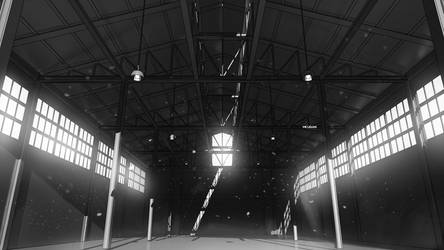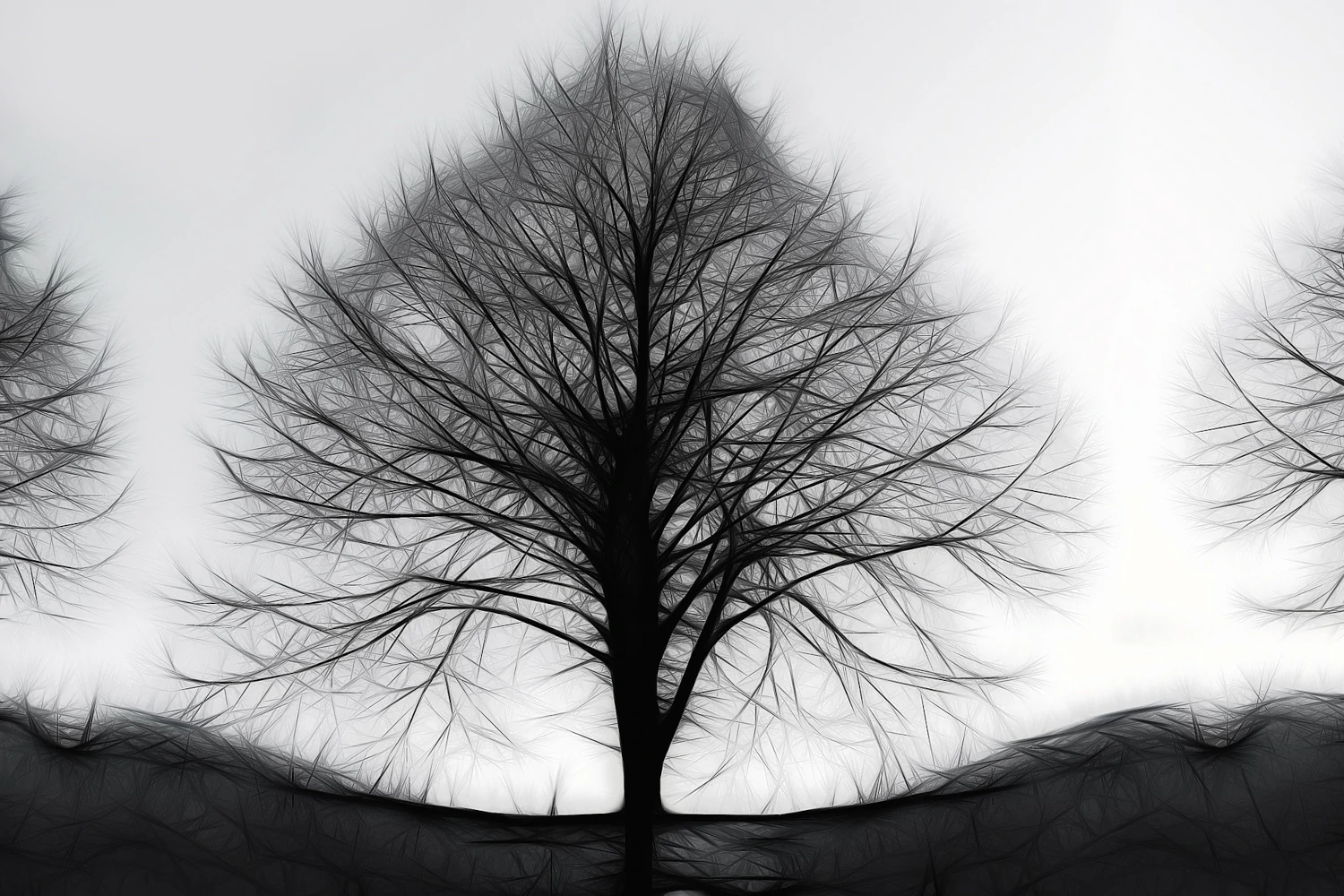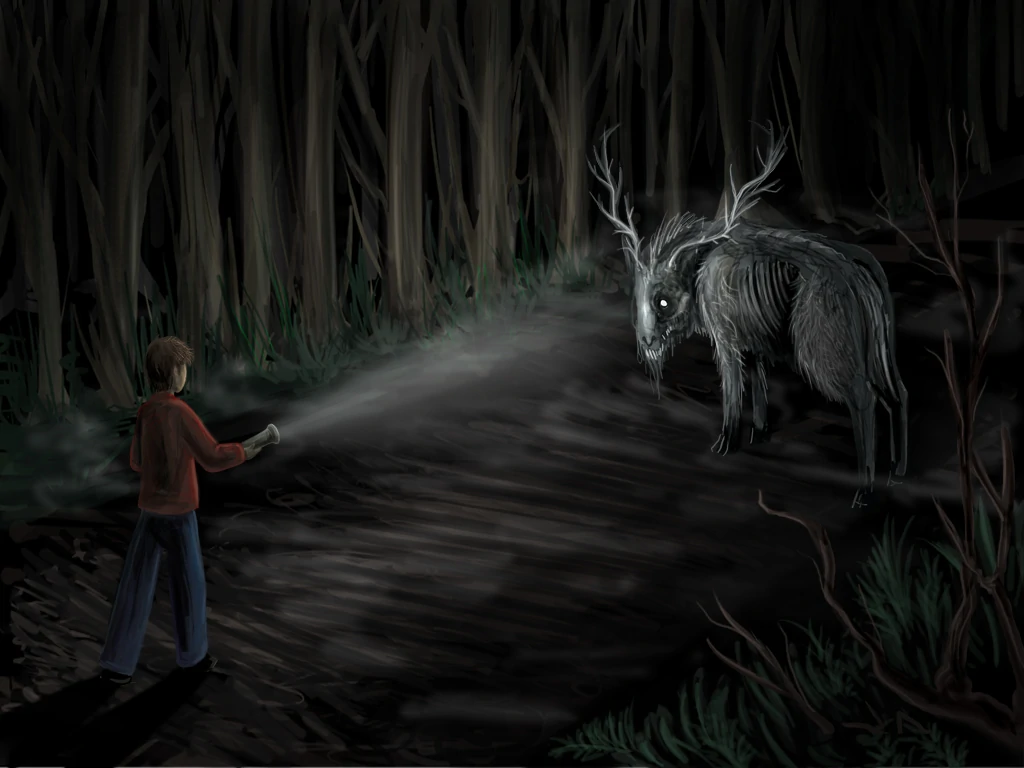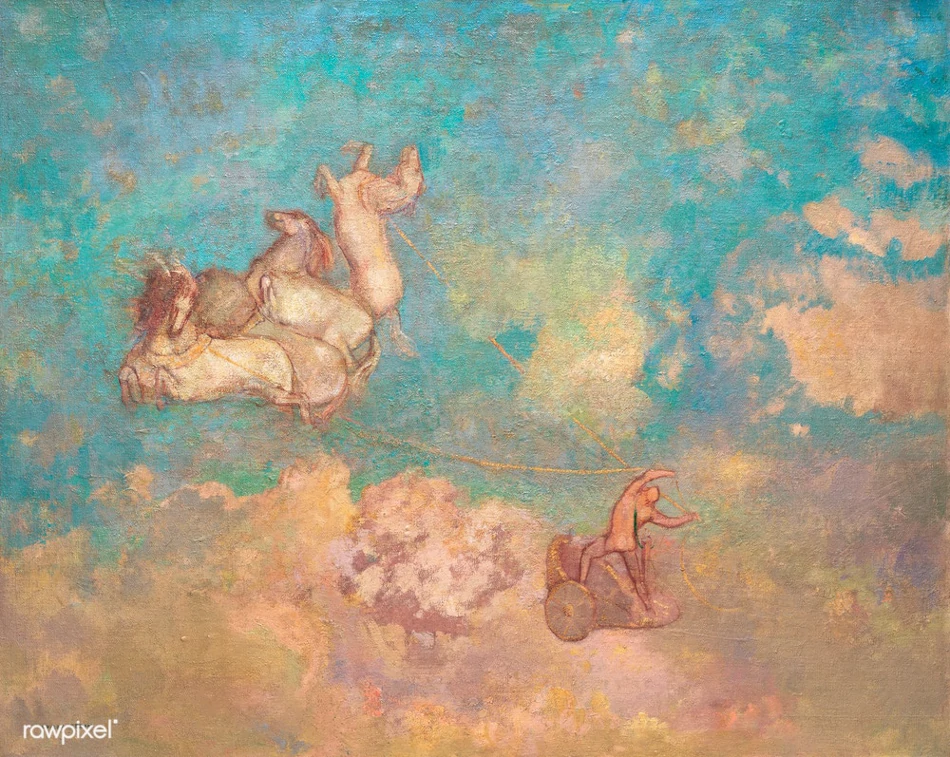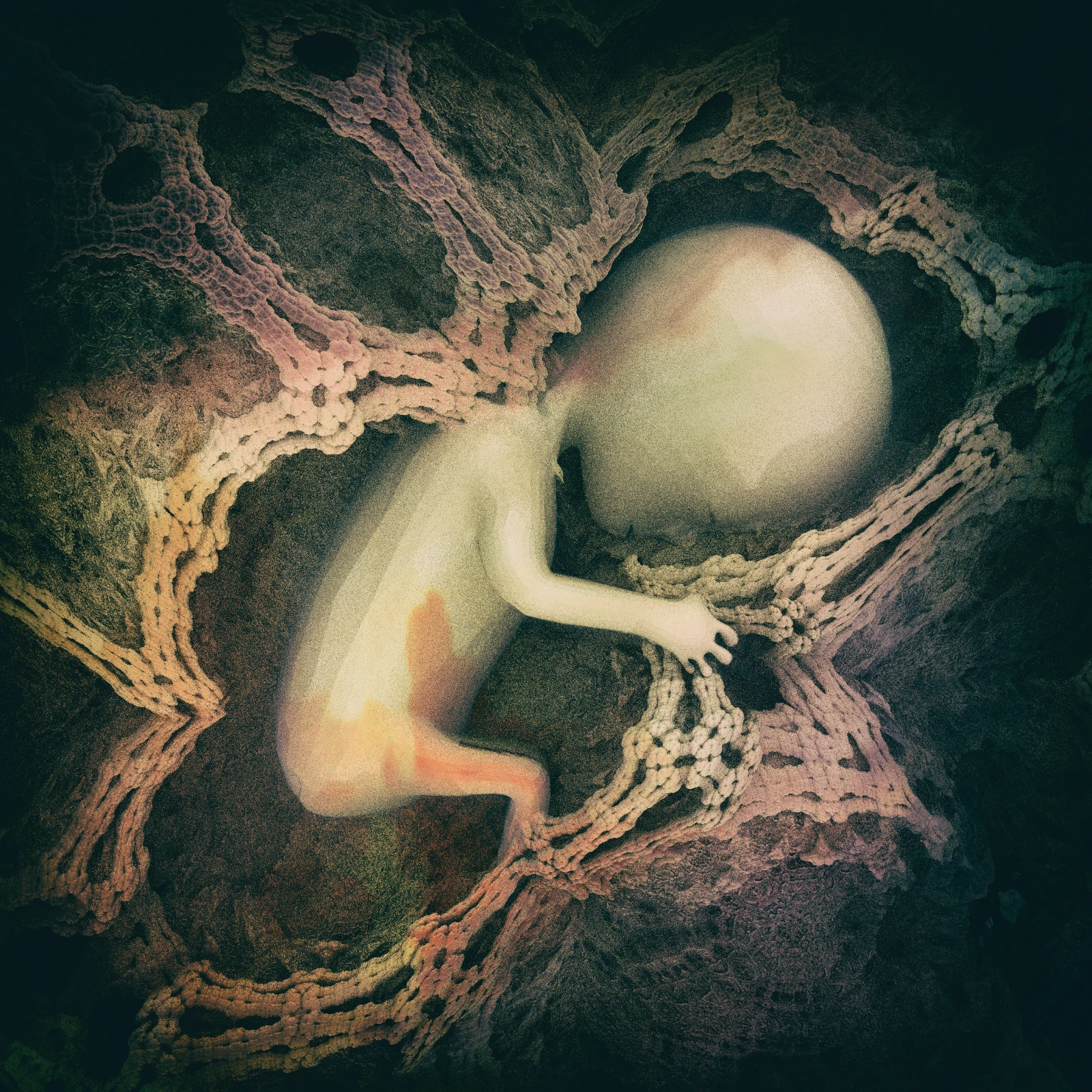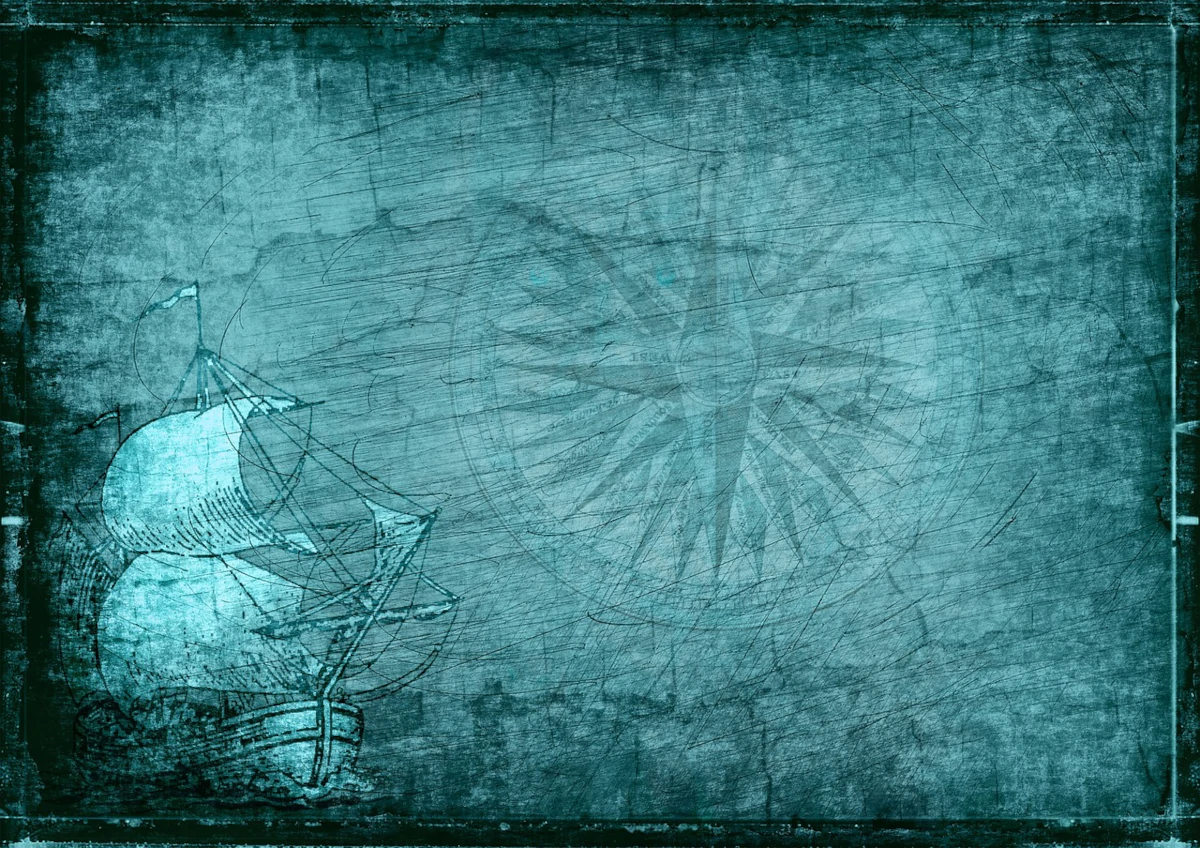In 1918 fetuses weren’t easy to come by. Still, Louis’s friend Ralston, a medical student at NYU, managed to procure one for him, stillborn at six months.
They met as boys, when Ralston worked the fish table in the back of his father’s seafood store—an easy transition to surgery, he always said, except in surgery you can’t feed what you don’t use to the dog. Ralston’s father frequently sold fish to Louis’s mother, a fragile woman who couldn’t digest red meat. She brought Louis to the fish market at least three times a week, and before long the two boys—Ralston a head taller with red hair and Louis frailer with blond hair—were trading baseball cards. Louis’s mother, however, forbade Ralston to come into her house because he smelled like fish, so Louis and Ralston played instead in the shadowy areas of Brooklyn, collecting bottles for money to buy cigarettes.
Had Louis’s mother overlooked the fish smell and invited Ralston for dinner, the boys’ friendship would have lacked excitement and ended a few years later. Had she done this, Louis would be sitting on a stoop with his girlfriend, a mousy thing who was more fertile than she looked, instead of meeting Ralston to retrieve a paper bag containing a stillborn fetus floating in a mason jar of formaldehyde. Louis’s grandmother knew this. She could see both possible worlds, which is why she sent Louis’s mother to that particular fish stand over and over again until the union between the boys was solidified.
Louis leaves class early to meet Ralston at night in the atrium of the library at NYU, a place so conspicuous they’ll hardly be noticed. Louis remembers nothing about the walk over except an excitement so intense he’s high with it. He spots Ralston twenty feet back, his friend towering a solid foot over nearly everyone. The light inside the doors of the atrium causes the space to glow against the encroaching darkness of the streets. Louis waves and Ralston nods back.
Louis pushes through the glass doors. The atrium smells like kerosene and cigarettes.
As he walks up, Ralston holds out the brown paper bag. He runs his other hand across the back of his neck. “I’m worried about you, you know.”
Louis peeks in the bag, then pounds Ralston’s upper arm through his wool coat sleeve. “Thank you, my friend, thank you! This is what I’ve been waiting for. What we’ve all been waiting for, whether you know it or not!”
Ralston is stunned by his friend’s excitement. Louis, oblivious, grabs Ralston’s hand and shakes it, thanking him five more times.
“Okay, Lou, okay.”
Still smiling, Louis doesn’t say anything. He just turns and opens the glass library doors, his nearly white hair tossing around in the harsh New York wind as he steps into the darkness.
Shortly before his eighth birthday, Louis contracted polio. The big concern, the doctor explained to his parents and his grandmother, was paralysis. His grandmother nodded and shook the bones of a fox, which she held in her right hand. They clicked against one another as she whispered her chants.
The doctor continued, “The younger you are, the better chance this won’t leave permanent paralysis.”
“What’s young?” his father asked, his hair as white-blond as his small son’s.
The doctor cleared his throat. “Typically, under six.”
Louis’s mother grabbed onto her husband’s blue jacket. She said, “He’s eight…but he’s small for his age. He’s not six—he’s eight. But he’s small for his age.”
Louis stared down at his thin legs under the white sheet. He wondered if they would twist up the way the other boy’s legs had, a few rooms down.
The doctor said, “We can only hope and see.”
No one talked to Louis. His mother cried into his father’s arm while his father stared at the blank, white cinderblock to the left of Louis. He wanted them to say something, but he didn’t know what.
His grandmother, her mouth moving although she made no sound, juggled the smooth bones one over the other in her hand. Louis watched them dance, clicking and rubbing against each other under her callouses.
Finally, the doctor excused himself. Louis’s grandmother swiped a greasy clump of gray hair from her forehead and stepped up to take his spot at the foot of Louis’s metal bed.
“You two go home,” she said to his parents, “and take the crying and the grief with you. I will stay and tend to the boy. This, like everything we think of as hardship, is actually a gift. This child was chosen. There is something special in this boy—he was given this chance to be brought down to the depths needed to open up the spirit and receive the message.”
“Mother—” Louis’s father started.
She clacked the bones loudly. Her dark eyes narrowed. “Go.”
His father and mother both kissed Louis goodbye, one on each cheek. Though he was young, he saw their relief—relief that he would be tended to by someone other than them. They still had his brother, after all.
Louis’s grandmother, her gray hair thick in the front but thinning on top like a man’s, leaned over him and rubbed his legs under the sheet. She hovered on his kneecaps and then his shinbones like a doctor would.
“You are only a cripple for the moment.” Her loose jowls wiggled under her thin white scarf when she spoke. “Being in this bed will give your mind and spirit a chance to get all the attention. You are being called, as I knew you would be. Tonight, when you go to sleep, ask God to send you the dreams He has saved up for you.”
That night, as instructed, Louis asked God for a dream, and he got one. In his dream, a series of small circles vibrated in the sky. They changed color, from white to orange to black then back to orange again. Louis felt that he could make sense of the dots—of the image they were making—if he could get enough distance from them, but every time he tried, he fell back into nothingness, spinning over and over again like falling down a well.
The last time Louis stepped backwards in his dream, the spinning grew so fierce that he shouted and woke himself up. Then, quickly and shaking, he wrote everything down in the new dream journal his grandmother had bought for him, writing in precise block letters, the way they taught him in school.
On his way back from the NYU library atrium, Louis clutches the bag to his sweaty chest. He grips the paper so tightly that his fingers ache. Despite the cold, sweat drips down his back and gives him chills.
Even though it hurts his legs a bit, he quickens his pace the closer he gets to his apartment. The night is still, with gray clouds blocking out the moon. He loosens his striped tie and jogs by steam grates and metal mailboxes and yapping dogs, racing up the concrete steps to his apartment two at a time and up the interior stairs to apartment number four, his chest beating like a thunderstorm wedged in a cave.
A fetus. Louis is amazed but not surprised. He had faith that his dreams would be realized. The dreams that told him he would acquire a sacred object and that he alone could interpret the circles on its skin. The dreams that assured him that this object—this fetus—would change the thinking of whoever saw it.
Louis shuts the door to his apartment, opens the bag, and sets the heavy jar on his countertop, a two-foot wood block slapped on top of a white cabinet. It sits across from a wooden icebox lined with sawdust to keep the ice from melting, though it never does.
A stream of cold air blows in from a crack along his window ledge. The nighttime light of the city waves in his front window and settles on the jar, back-lighting the strange underwater creature inside.
“This is,” he says out loud, “the best day of my life.”
Louis places a stack of papers on the icebox. Earlier that day he set up his camera and a shooting glass. Now, he brushes it off carefully with a feather duster, and stands back to inspect the surfaces. Good. Everything is ready to go.
He looks down at the bloated creature in the mason jar. Spongy, he thinks, pre-human, yet human. He’s drawn in by this being, this thing that died between worlds, this keeper of secrets, this dream become real.
Kneeling in front of it and holding his cigarette down, Louis traces the outline of the shape inside the cold glass. His eyes move slowly over the skin, noting every bump and bubble—the code of the riddle. The answer, he knows from his dreams, is on the flesh, where the process of coding had just begun. The series of circles. The imprint.
“Grandmother,” he prays to her soul in Heaven, “please ask God to guide my hand.”
Louis’s little legs ached constantly, but he didn’t complain. He made a point not to complain after several of the nurses commented on what a strong, brave boy he was.
His grandmother, her hands spotted by age but as strong as a carpenter’s, came to the hospital twice a day—morning and night. Each time she brought a new vial of olive oil, blessed by her priest, and rubbed it up and down his legs for an hour. While she rubbed the muscles and along the bones, she reminded him that he was chosen and that this was a blessed event and that he should wait for the will of God, be open to it.
“The biggest part of being chosen is just hearing the call,” she said, taking a minute to brush his hair off his forehead. “So many have the call but fail to hear it.”
Louis looked up, his blue eyes earnest. “Did you have a call?”
“I did.” His grandmother smiled down.
“What were you called to do?”
“This,” she said, “Finally, this.”
Every night he dreamt. Sometimes he’d see the field of swirling dots again; sometimes he would see a picture coming to life on a piece of paper. In one of his dreams, a man finds a black, framed rectangle against a brick wall, and when he picks it up to look, white light shines from it. When Louis sees the light he feels a peace so deep that it feels like he dies, just for a moment.
Louis crushes out his cigarette, stands up in his small apartment, and breathes into his stomach to relax. He looks over at the fetus. It’s time to begin.
He rolls his white shirt sleeves up over each elbow in perfect cuffs, takes off his beige rain coat—the same one it seems every NYU Economics student has—turns it around, and puts his arms through it backward to protect himself from possible splatter.
He lifts the jar and slides butcher paper onto his wooden countertop. Needing more light, he removes the lampshade of the standing lamp near his plain metal bed. The light creates giant, white fists across his beige walls.
He moves the bare lamp next to the mason jar and carefully unscrews the lid. The foul smell of formaldehyde nearly overtakes him. His eyes and nose burn.
Louis shakes his head to clear it. He empties the contents of the jar into his hand. The cold, jelly thing lands with a gooey thud. Thick water rolls off the counter’s edge unchecked. In the unnaturally bright light of the lamp, the liquid looks like diluted oil.
Bobbing his hand up and down slowly, Louis feels the weight of the fetus. He can almost connect his thumb and middle finger in a bridge over it; it’s that small. Gently, he touches its face. His fingertips glide off. He places it on the butcher paper.
Gritting his teeth, he says, “Show me, I pray.”
Louis takes in a deep breath, raises the paring knife, sharpened that morning in preparation, and begins. The gore of the moment causes bile to rise in his throat.
This body is already gone, he reminds himself. It feels no pain.
When Louis finishes, he places the rest of the body back in the jar. He picks up the face, now just an onionskin rubber mask. Past the hideousness of the process, his chest tightens with controlled excitement.
This skin holds the image of God. On its blank face is imprinted what it saw in utero, as paper takes an image in the right setting with the right chemicals. Before we are born, we all are imprinted with the face of God, the foundation of who we are, just before the imprints of humanity begin molding the clay into flesh.
I am going to see God.
Beyond that, Louis thinks, the entire world will soon be able to see God—to see what is imprinted on each of them, and with this knowledge surely there will be no more Great Wars, no more hatred. How can you shoot God? How can you hate God? Through this image, mankind may finally find peace.
Louis turns to set the skin on his black shooting glass near the camera, vigilant not to let his fingerprints dry into it. As he positions the skin so it won’t fold over on itself, he feels a wave of gratitude from the thing, thanking him for completing its higher purpose. It’s as if a warm breeze slides over his ribs, under the skin.
“Thank you,” he says. “I was chosen, as were you, tiny thing. You are bringing the message—the image—that I am positioned to receive in order to remind Man of who we all are underneath our humanity.”
The lightbulb beneath the glass shoots pale orange light through the face. Louis grabs his camera. He snaps several shots, barely containing a joy so fierce it blazes out from his eyes and expands his heart.
Moving the camera aside, he admires the thing with his bare eyes—though only for a second because he knows the light might dry out its skin. Re-focusing, Louis angles a dozen shots with his awkward nine-inch camera, his elbows raised high in the air and sweat rolling down the bones of his spine.
Finally, he looks up and smiles, a man who has been enlightened in the privacy of his own apartment. Then, still smiling, he continues taking pictures: Click. Click. Click. . .
The hospital gown Louis wore barely fit his small body, and he stunk like rancid olive oil. The food in the hospital was the same every day. He couldn’t play or run or do much of anything except read the Bible and color. He was tired of coloring, not that he ever liked coloring in the first place.
He didn’t say these things, but he thought them all the time.
His grandmother, her firm hands flush from rubbing his legs so long, looked over at him. She wore the same dress she usually wore: dull yellow with blue flowers and several patches she’d sewn where the moths had gotten to it. “When boredom takes you over,” she told him, “that’s God’s way of telling you that he has a message. Look around and see what it might be.”
He smiled, a little ashamed that she had detected his boredom. “Okay, Grandmother.”
Sure enough, after a month in his bed, Louis began seeing God’s messages: hidden meanings behind the color of the sky in the morning or the jeweled pins some of the nurses would wear or the number of times the same person passed by his door.
He told his grandmother: “I see codes everywhere.”
“Everything is in code,” she whispered, her dark eyes looking a little yellow and her breath too hot. “Not only is everything around us in code—the flowers blooming and the clouds and the way a bee flies—but we hold inside ourselves hidden messages from God. That is our purpose: to see the code.” She smiled down at him, her thin silver cross dangling from her neck. “I knew you were special.”
When she talked like that—about him being special—her excited fingers pressed harder along the bands of his sore muscles.
“Do you believe?” she asked him.
“Yes.”
She looked down, a patch of scaly red showing on the top of her head. “Are you sure?”
“I know that when my doctor clears his throat twice, he’s got bad news.”
“Good.”
“And I have those dreams every night now.”
“Are you writing them down?”
“Yes.”
She leaned in and he could smell her oily perfume. “Are they all the same?”
“No. Now I dream sometimes of a baby, but the baby doesn’t really have eyes or,” he paused, “it’s swimming, I think.”
She nearly gasped. “Is the baby inside its mother?”
“I think so,” Louis said.
“Hail Mary, Full of Grace, the Lord is with thee. I humbly beseech you to watch over my grandson,” his grandmother said in reply. “Keep this gift in the light.”
Then she squeezed so hard that he had to tell her it hurt, and she let go of his leg.
Hours after he finishes photographing the face of the fetus, Louis lies awake in his dank single bed. It’s impossible to sleep, knowing that he has looked into the face that imprinted the face of God. The skin of the innocent who died between there and here, where there is nothing except what IS.
He knows that once the photographs are developed and enlarged, he will be able to see the minute imprints on the fetus’s skin that were too small for him to see with his naked eyes. Lying there, Louis remembers the dreams of the swirling circles, how he tried to step back to get perspective, but it was impossible. Now, he will be able to see, truly see.
At 3 a.m. Louis puts on his glasses, gets out of bed, opens the window to the street two stories down, and smokes a cigarette in air so cold he shakes. The streets are quiet and the stars feel closer than usual.
The next night, with the film now safely in the hands of the developer, Louis finally sleeps. When he does, he has the same dream he’s had since childhood. In the dream it’s late at night. Clouds cover a bright moon. A cold wind pulls at the bare tree branches, rattling them. Below, a dark-skinned man walks down a narrow street.
Louis, looking down from above, watches as the man turns into an alley. There, against the wall, is a black, rectangular object. The man squats down and hugs it. He tucks it gently under his arm and leaves the alley.
Louis’s gut sinks. The thing he loves is being taken away.
He opens his eyes. The wispy fog of the dream only now fades, and he understands that the dream is about the fetus—the fetus and him. But who is the man in his dream? Maybe, Louis thinks, he’s the one who will deliver the fetus to the world—not me. Maybe, like my grandmother, I’m only here to support the greater path of someone else. Maybe my fetus will be taken from me.
No, Louis prays as he rolls over in his cold sheets, please God—no.
Even from a young age Louis understood the power of his grandmother. As a very little boy, he remembered the way his father and mother would step back and lower their heads when his grandmother reached for the little burlap baggie she always wore around her neck. One Easter, he watched his mother quietly throw away a set of chicken feet that his grandmother had brought over for dinner—the pale, bony things tied together with twine like a fetid bouquet. Afterwards, his mother whispered to his father by way of explanation, “She never liked me.”
While his grandmother held some kind of sway over his parents, she doted on Louis—and something in her doting not only made him feel special, but protected him from his father’s occasional temper. Louis never endured what his brother did, even when they were equally to blame for some childhood transgression.
There was only one moment when Louis feared his grandmother.
Three months into his stay in the hospital—a day when a black bird had flown into his window and left a bloodied mark on it—his grandmother pushed open his door and rushed over to him. She smelled like burnt toast and calamus oil—her “vision oil.” Her eyes were wide and blacker than usual.
“You cannot turn away from our divine mission,” she said.
Louis looked up. “Grandmother, are you sick?”
“I am sick with worry! I am sick with fear!”
Louis looked around his sad little room, hoping a nurse might come in. The bloody mark on the window had dried to a brown stain, and it scared him.
She grabbed his hands. “I heard the Lord’s call when I was eighteen years old. Since then I have waited. I waited a lifetime for it to be answered. I watched your father for any signs —anything!—but there was nothing. Then you came. Now, I worry. Now, I fear.”
“I can do it, Grandmother.”
She pulled his hands toward her so hard his wrists cracked. “Something inside you will want you to pull back, to pull you away from doing what needs to be done to reach the truth and to spread the truth to others. If you pull back, you will tear apart everything I have lived for; everything you have been given. Heaven itself.”
Here, she cried, and her tears frightened him more than anything else.
Until then, for Louis, death meant simply leaving his family and going to God, where they would meet him later. It held no grief or distress for him. But seeing his grandmother this way made him terrified to die.
I could go to Hell, he thought, if I fail to complete my divine mission. I’ll go to the pit of fire where bodies are tossed up on flaming spears by horned devils over and over and over again. Where there is only pain.
“I don’t want to die,” he said, starting to cry. “I don’t want to go to Hell.”
“Then you find the blessed thing from your dreams. You find it and you take from it what God has sent you. You do not turn away. No matter what.” Here his grandmother became rough again, shaking him back and forth against his soft bed. “Do you understand?”
“Yes,” he cried, “yes.”
“Good—because if you turn away, if you question your mission, you will die.”
Without kissing his head or even saying goodbye, she stood up and walked out—leaving in her wake the awful scent of her oils and a terror so deep that Louis was awake with it for hours, praying over and over again that when he was shown the blessed thing he’d have the strength to continue their divine mission. He only slept after the nurses, concerned for the frantic little boy, gave him a shot of morphine.
Louis meets Ralston back at the Wolves Hound pub. It’s crowded, probably because the potbelly stove keeps the place warmer than any NYU housing.
When Louis walks in, Ralston points two fingers at the barmaid, ordering them both scotch. Louis smiles her way, wishing Ralston wouldn’t treat barmaids like, well, barmaids. He slides into the wooden booth opposite his friend and drops his portfolio bag on the scratched parquet flooring.
Louis feels his face flush. “I have the photographs with me,” he whispers, coughing a little into his hand. “They came in just this morning! My favorite photograph is the last one. The one I took when I thought I had taken enough. Wait until you see. It moves. It glows. I want to know what it shows you—if you can see what I can see. Look—”
Ralston holds his big, hairy hand up high. “No need.” He rubs his neck and looks at Louis sideways.
Louis leans in. “Ralston, this will change your life.”
“Lou, stop, please.”
The barmaid, a plump, pretty girl with curly blond hair and big glasses, drops off their drinks. Louis thanks her, and when she turns her back to them, he starts in: “You don’t know what I’m offering you! Ralston,” he says. “It’s the true face of God—proof He is there, in all of us.”
Ralston squints. “I see.”
Louis digs a pebble from the tar square on the bottom of his shoe, where he sealed a hole. He never takes his eyes off Ralston. “No, no, you don’t see. I had polio, you know, when I was younger, and it left me open to the deepest isolation and despair, which left me open also in turn to the greatest joy and love.” He stares hard at his tall friend, begging him to connect. “My grandmother told me these things. She was right. This calling entered me. I have found what I was seeking. Please, let me show you. Let me show you before you go off to fight.”
Ralston sips his scotch. “Lou, I told you—I have to do my duty. You can’t join up because of your legs, but I can.”
“Here, take a look at the picture—”
“Have you talked with anyone else about this?”
“No,” Louis says, his mind dark with thoughts of Ralston dying on some muddy battlefield, falling backwards into a trough filled with bodies and blood after a bullet plows through his forehead.
“Is this the only copy?”
“I framed another one for myself.”
Ralston glances around. “Where is it?”
“I wrapped it in a quilt and placed it in my cedar chest.”
Ralston finishes his drink. “I certainly hope you locked it up. If someone finds it, and knows what it is, you’ll be arrested. I will too.”
“I locked it up. It’s safe.”
Ralston sighs. “Lou, you seem crazy.”
“They say that of all prophets.”
Ralston eyes him up. “Prophets?”
Louis doesn’t answer. He knows how foolish he sounds, especially to a man who believes in science and scalpel over Bible and magic. Still, he needs Ralston to see and believe. He needs to save him. Past that—selfishly, he knows—Louis wants someone to share his happiness, someone with him in this moment—a moment so huge that it towers over him and makes him feel lonely in his enlightenment.
Ralston finds the barmaid through the crowd of university students. He holds up two fingers again. She nods.
With a fever pressing him on—a heat pounding in his temples and warming his spine, Louis tries to lure Ralston in again. “An amazing light surrounds this one picture. It glows, I tell you! It is illuminated—”
“Okay, now really, stop,” Ralston interrupts. “I’m tired of all this. I want to stand beside you through this phase you are having, but enough is enough.”
Louis sits back, defeated. “I’m sorry.”
“I’m just concerned.” Ralston softens and smiles. “You know what they say: Prophets are always killed.”
Louis looks into his glass then downs his scotch. The fire crackles on.
Ralston reaches across the table and claps his friend on the side of his arm. “Let’s see if we can grab the chess table and play a game.”
Louis nods, doing his best to look upbeat. “Certainly.”
After another drink and a quick game of chess—Ralston wins—Louis leaves the pub, knowing Ralston will never understand. He has chosen to turn away. If his best and only friend has denied him, will anyone else understand?
Louis thinks back to the dream of the dark man in the alley who finds a black-framed object and hugs it to his body. A chill passes over Louis. Prophet, he thinks. Am I like John the Baptist, here only to pave the way for the man in my dreams?
Filled with a sadness that clings to the walls of his stomach like moss, Louis walks along the dark city streets toward home.
His legs bowed a little, but Louis never became a cripple. It took four months of daily olive oil rubs and nights with dreams so vivid they bordered on insanity, but finally, they pronounced him cured.
“Not even a limp,” his grandmother said every time she saw him. “Blessed be.”
Louis continued to dream about the floating baby, as he would until the night he died. Sometimes it would reach out to him. When he talked to his grandmother about the dreams, she only said that it would all be revealed in time.
“There is a part of all faith that is the willingness to smile at that which seems like madness. Do not question God.” She touched his hair, winding a few loose strands around fingers that had just started to jut out at the knuckles.
By the time she died two years later, her strong hands were crippled up like the branches of a sick tree. Louis visited her every day to rub olive oil on her fingers, but this time it didn’t work. She died while he was rubbing her fingers, vowing over and over that he would not pull away, that he would complete their mission.
Though now he wonders—what is the mission and what is completion?
In New York in the early 1900s, hundreds of people are killed by falling concrete. Mostly construction workers die on site, but sometimes chunks fall from new skyscrapers and kill pedestrians, like Louis.
As he walks along the skirt of a building under construction, doubt consuming him, a chunk of concrete drops on him from seven stories up. It kills him on contact. He feels no pain.
Louis’s family receives the news late the next day. It’s a cloudy, dark Tuesday and the sidewalks are thick with ice.
Louis’s mother, father, and brother go by to collect his belongings. The landlord, a slow-moving Jewish man in layers of brown, unlocks the apartment. Louis’s bed is unmade and the ashtray is overflowing. Thick rings darken the shower and the toilet gives off a musky odor.
Louis’s mother, clutching her tear-damp hankie and shoving her hair under a black hat, looks around. “He is a clean boy. What happened to him? I don’t see him in any of this. This isn’t him. This isn’t him.”
His father pages through a textbook, running his finger over his son’s familiar handwriting—always slanting to the left. “He could write with both hands. Remember that?”
Louis’s mother doesn’t answer. She continues scanning the room—the light table, the lamp without a lampshade, the stack of muddy shoes by the door. “Where is he?”
Their remaining son—two years younger than Louis but with the build of someone older—lifts Louis’s cedar chest a few inches up. The things inside clatter.
Louis’s father calls over: “Crack open the lock. We don’t need to take the chest home. It’s in terrible shape. Just crack open the lock.”
Louis’s brother finds a hammer in the junk drawer and uses it to pry open the lock. His mother pulls open the tiny bathroom window to let out some of the foulness. The hinges pop with a loud metal crunch.
Louis’s brother lifts the creaky lid by the metal latch. Inside, it smells like leather and cigars and, of course, cedar. Louis’s mother sits down on her dead son’s comfortable chair near the chest and bends over to see inside. His father, with his hands shoved deep inside the pockets of his coat, stands over her. After taking in a deep breath, he looks down.
Inside the chest sits the recently framed enlargement of the face of the fetus. Next to the photograph is the mangled body, floating in its now cloudy mason jar.
Louis’s father leans over and grips both sides of the mason jar by the metal lid. He holds it up to the light. “What on Earth? Is that…is that a dead baby?”
Louis’s mother drops her face into her hanky and begins crying again. His father walks over toward the bathroom. He faces Louis’s brother, who is standing there with his mouth hanging open: “Take that photograph into the alley. Leave it for trash. Get rid of it. Go!”
As Louis’s father flushes the fetus bits down the toilet, Louis’s brother carries the black-framed photograph down the apartment building stairs. They clank under his feet.
After struggling to open the door against a strong wind, Louis’s brother walks out into the alley—a narrow, unlit space behind the building. He props the picture of the fetus against a brick wall near hills of trash piled high like snowdrifts.
There it waits for the person destined to find it.

